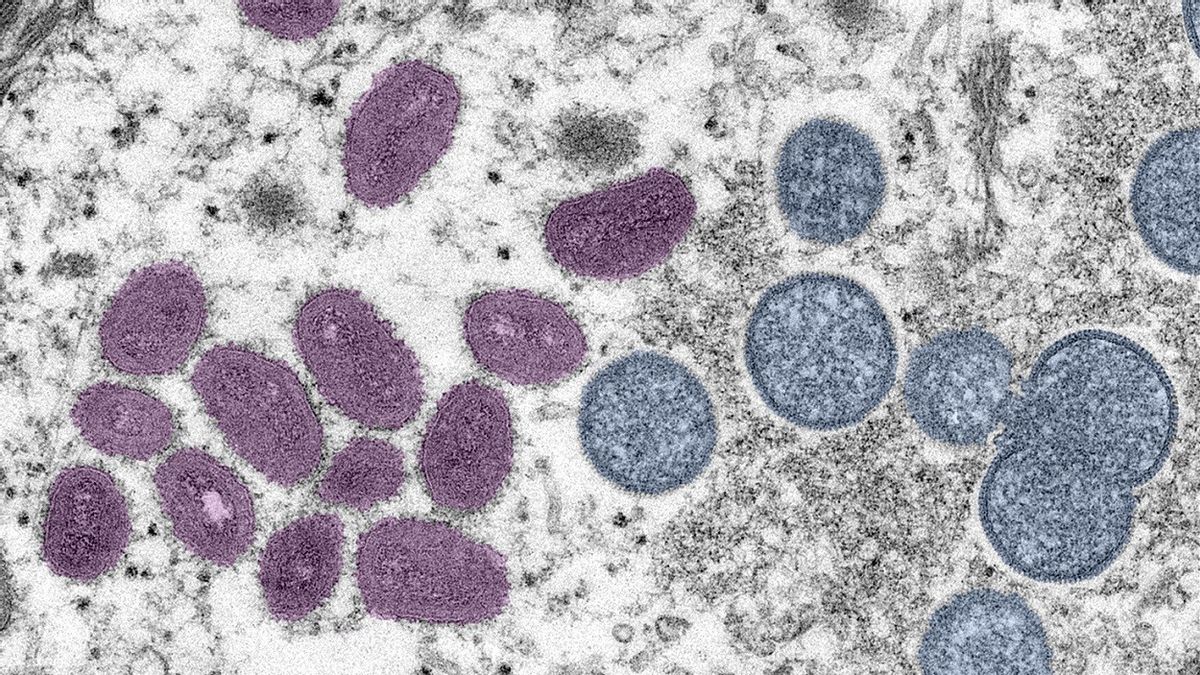JAKARTA - Two more cases of monkeypox infection in Singapore have been confirmed, bringing the total number of infections in the country to eight.
In an update on its website, Singapore's Ministry of Health (MOH) announced that the two new cases were not linked to previous monkeypox infections.
The first is an imported case involving a 46-year-old Estonian man who came to Singapore from London on July 21 and tested positive for monkeypox on July 24, CNA reported July 25.
He developed a rash, fever and swollen lymph nodes, and sought medical care on July 23, according to the MOH. He was admitted to the National Center for Infectious Diseases (NCID) the same day.
The second case involved a 26-year-old Singaporean man who tested positive for monkeypox on 24 July.
This second patient developed medical symptoms such as a rash and sought medical care on July 24. He was later admitted to NCID the same day.
The Health Ministry said both cases were in stable condition and contact tracing was ongoing.
Monkeypox is a viral illness that usually resolves on its own, with patients recovering within 14 to 21 days. Those infected usually experience fever, headache, muscle aches, backache, swollen lymph nodes, chills, lethargy and rash.
Each case of monkeypox usually results in three to four close contacts requiring quarantine. This is in contrast to COVID-19 which can generate up to 20 quarantine orders, the Health Ministry said.
Meanwhile, of the eight monkeypox cases announced in Singapore since June, four of them are imported and four are local. None of the cases so far are related.
Separately on Monday, Health Minister Ong Ye Kung said the MOH did not recommend mass vaccination of Singaporeans against monkeypox, reiterating the ministry's stance on the viral disease.
Meanwhile, the World Health Organization (WHO) on Saturday declared the monkeypox outbreak a public health emergency of international concern.
A spike in monkeypox infections has been reported globally since early May outside West and Central African countries where the disease has long been endemic.
The public health emergency of international concern is the primary warning available to WHO to tackle a global disease outbreak.
It is defined as "an extraordinary event determined to pose a public health risk to another country through the international spread of disease and potentially requiring a coordinated international response".
The English, Chinese, Japanese, Arabic, and French versions are automatically generated by the AI. So there may still be inaccuracies in translating, please always see Indonesian as our main language. (system supported by DigitalSiber.id)









